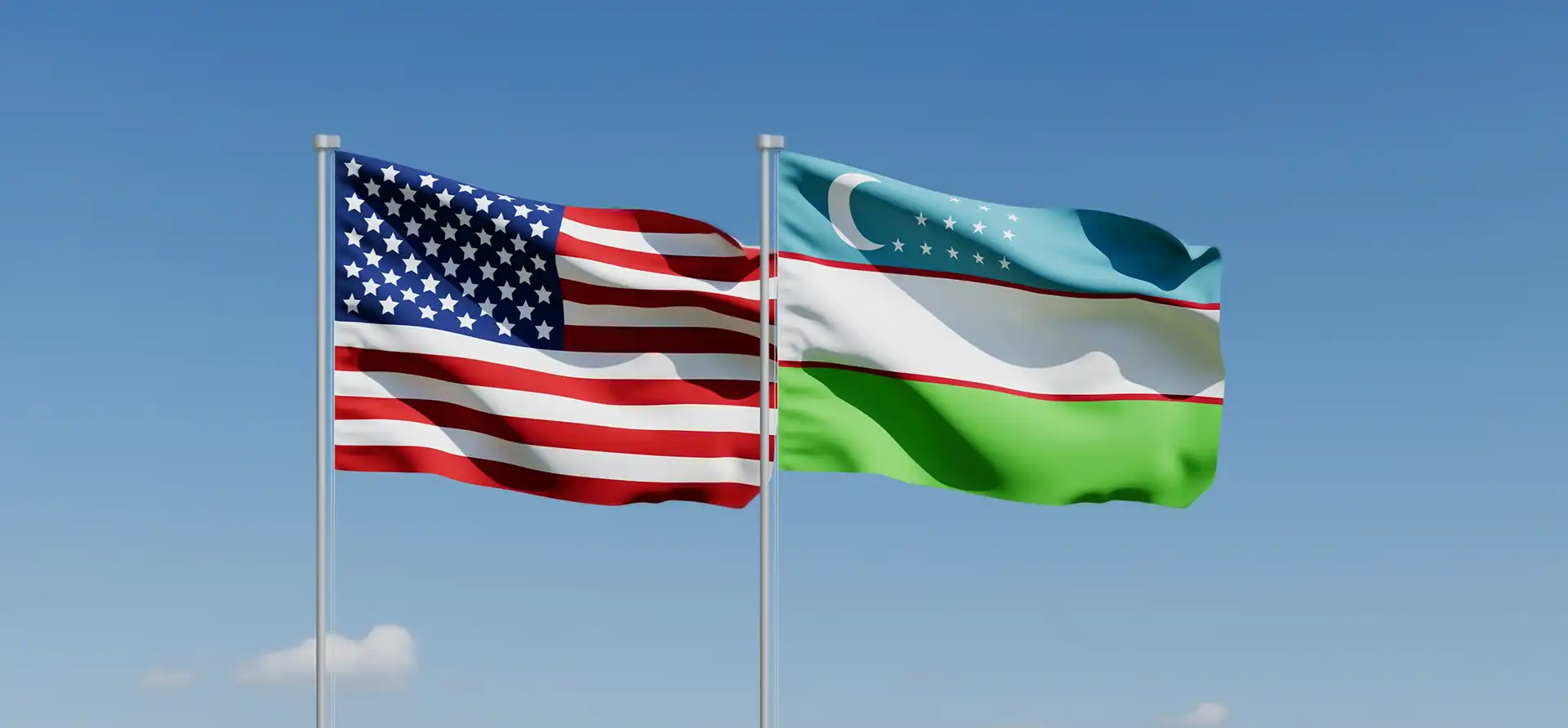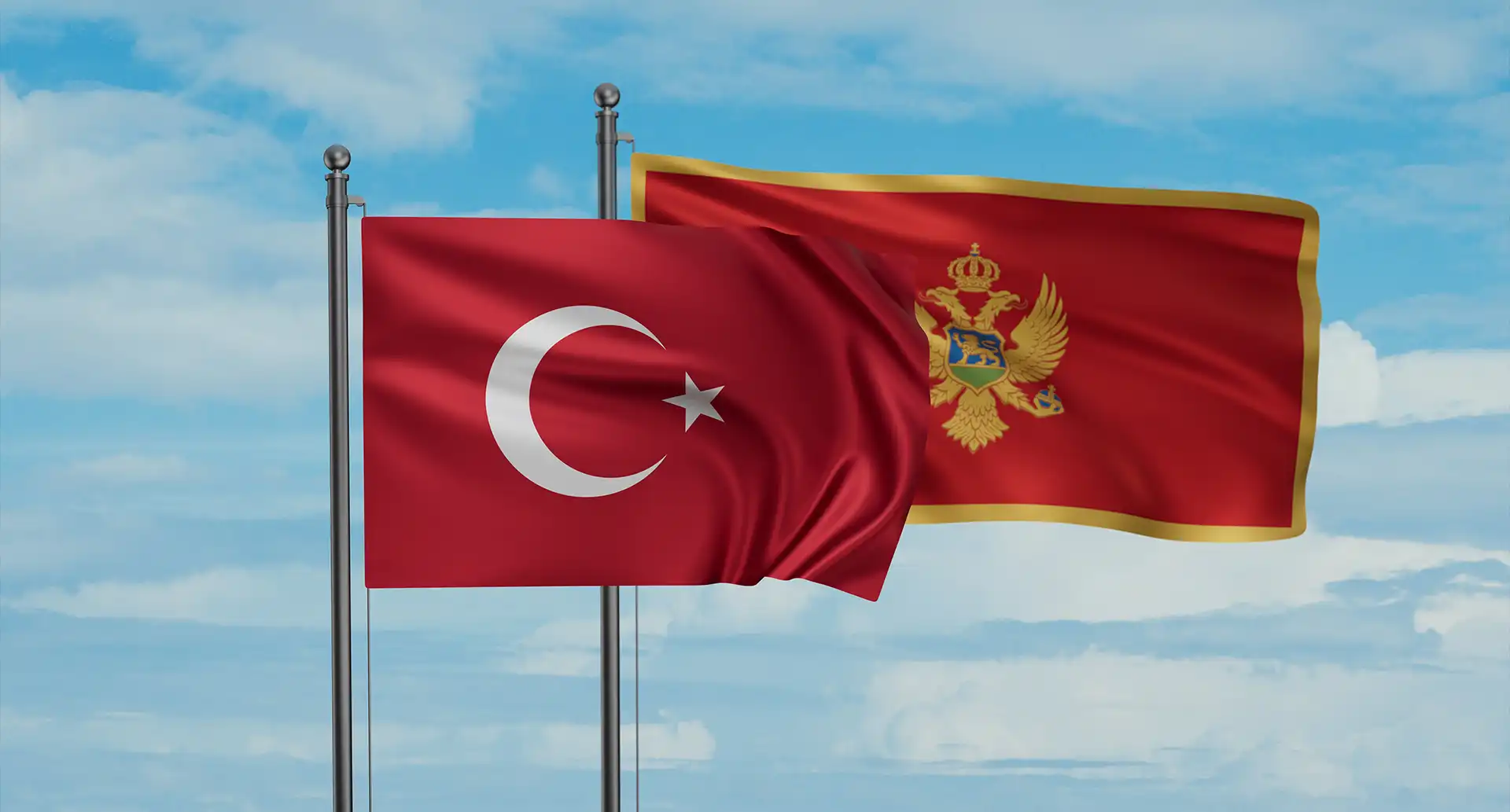
Vietnam Visa
Traveling to Vietnam
Vietnam boasts a vibrant culture and is undoubtedly one of the most culturally enriching travel destinations in South East Asia. It’s no wonder Vietnam has around 8 million international arrivals each year.
Visa eligibility for Vietnam varies depending on nationality and the type of visa required. There are numerous nationalities that are exempt from obtaining visas, which includes the following:
Belarus, Brunei, Cambodia, Chile, Denmark, Finland, France, Germany, Indonesia, Italy, Japan, Kyrgyzstan, Laos, Malaysia, Myanmar, Norway, Panama, Russian Federation, Singapore, South Korea, Spain, Sweden, Thailand, and United Kingdom.
Other nationalities require a visa which depends entirely on the purpose of their travel. There are various visa options available including tourist, business, work, student, and transit visas.
Eligible travelers can apply through embassies/consulates within Vietnam, while others can choose to apply for an eVisa or utilize visa-on-arrival services. Before planning your trip to Vietnam, we recommend that you check your specific requirements.
The validity of Vietnamese visas varies based on the visa type and specific circumstances of your visit. Tourist visas are typically valid for 30 or 90 days, work visas can be valid for up to 2 years, and business visas may have a maximum validity of 12 months. Student visas align with the duration of the study program, while transit visas are usually valid for up to 5 days. It's important to note that the duration of stay allowed per entry may differ and will be specified by the immigration officer upon arrival. Extensions or new visas may be required if staying longer than the visa's validity.
To ensure compliance with visa regulations, it is recommended to carefully review the specific visa requirements, validity, and conditions before traveling to Vietnam.
Vietnam Visa Types
To visit Vietnam, you will need to obtain a visa unless you are a citizen of a country that is exempt from visa requirements. There are several types of visas available for different purposes of travel. Here is an explanation of each type:
- Tourist visa
- A tourist visa allows individuals to visit Vietnam for tourism or leisure purposes. It is typically issued for a single entry or multiple entries and has a validity ranging from 30 days to 90 days, depending on the visa type.visa
- Business visa
- A business visa is for individuals who wish to engage in business-related activities in Vietnam, such as attending conferences, meetings, or exploring business opportunities. It can be issued for single or multiple entries with a maximum validity of 12 months.
- Student visa
- A student visa is required for individuals who plan to pursue studies in Vietnam. To obtain a student visa, you need to have an acceptance letter from a recognized educational institution in Vietnam. The visa is typically valid for the duration of the study program.
- Work visa
- A work visa is necessary for individuals who have secured employment or been offered a job in Vietnam. To obtain a work visa, you will need a work permit issued by the Department of Labor, Invalids, and Social Affairs in Vietnam.
- Transit visa
- A transit visa is required for individuals who are transiting through Vietnam to reach their final destination. It allows a short stay in Vietnam, usually for a maximum of 5 days.
Vietnam Visa Requirements
To apply for a visa to Vietnam, you will generally need the following documents:
Passport
Your passport should be valid for at least 6 months from the date of entry to Vietnam and have two blank pages for visa stamps.
Personal photo
You need to submit one recent passport-sized photo, taken within the last 6 months, with specific requirements such as a white background and specific dimensions.
Application form
The application form can be found on the official website of the Vietnam Immigration Department, or there may be a specific form for certain visa types.
Vietnam Visa Application Steps:
- Complete the visa application form
Fill out the application form online or by hand, providing accurate and truthful information. If applying online, you may need to upload the required documents.
- Submit a visa application form
Submit the completed application form either online or in person at the designated location, such as the Vietnam embassy or consulate.
- Schedule a visa appointment (if required)
Depending on the visa type and location, you may need to schedule an appointment to submit your application form and documents. At the appointment, you may be required to pay the visa fee.
- Pay the visa fee
Pay the visa fee, which can typically be done online, in person, or through a designated payment method.
- Await visa decision
After submitting your application, you will need to wait for the visa processing time. If your visa is approved, you will receive it via email or can pick it up in person. Ensure that the information on the visa matches your passport details.
Where to Apply for Vietnam Visa
Visa applicants can apply for a visa to Vietnam through official channels, such as the Vietnam embassy or consulate in their home country. Additionally, online visa applications may be available for certain visa types.
Vietnam Visa Processing Time
The visa processing time for a Vietnam visa can vary depending on the type of visa and the volume of applications. It is advisable to apply well in advance of your intended travel date as processing times can range from days to a few weeks.
Vietnam Visa FAQ
Most foreign visitors to Vietnam require a visa unless they come from a country with visa exemption agreements with Vietnam. It is advisable to check the visa requirements based on your nationality before traveling to Vietnam.
Yes, a visa on arrival is available for certain nationalities. However, it is important to note that a visa on arrival is applicable only if you are arriving in Vietnam by air and have obtained a pre-approved visa letter from a Vietnamese sponsor or through a reputable travel agency. Other entry points such as land borders may not offer visa-on-arrival services.
The visa processing time for Vietnam can vary depending on the type of visa and the volume of applications. It is advisable to apply well in advance of your intended travel date. Processing times can range from a few business days to a few weeks. Some urgent processing options may be available for an additional fee.
Yes, in certain cases, it is possible to extend your visa while you are in Vietnam. The extension process typically requires submitting an application to the Vietnam Immigration Department or through authorized agencies. The extension duration and requirements may vary depending on the visa type and your specific circumstances. It is advisable to consult with the immigration authorities or seek assistance from a reliable agency for the extension process.


